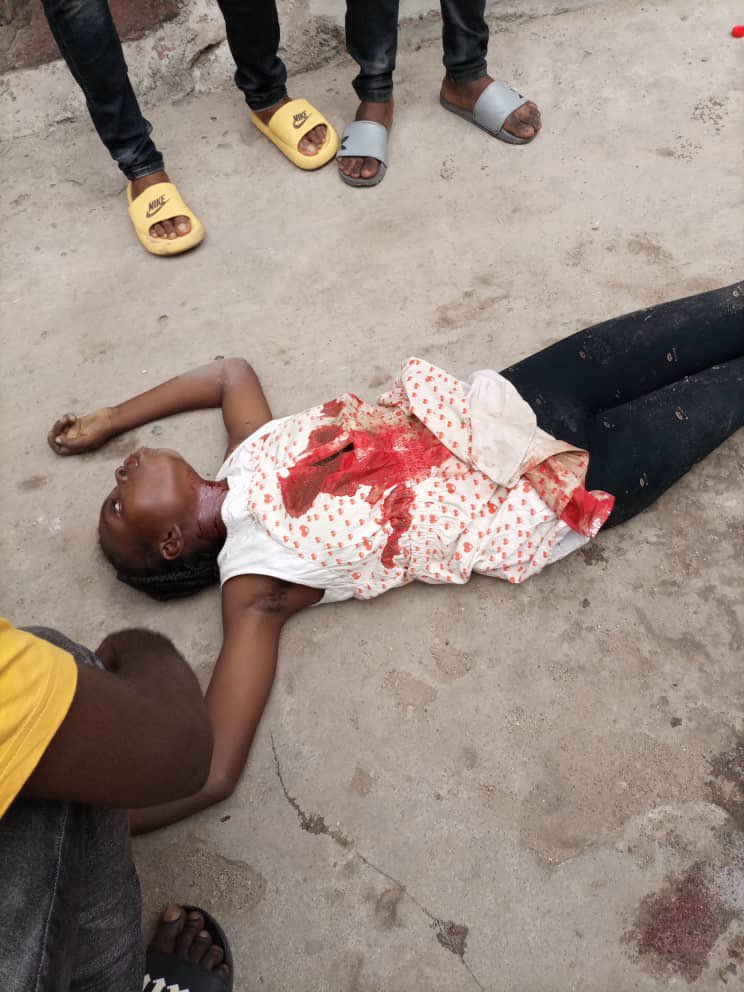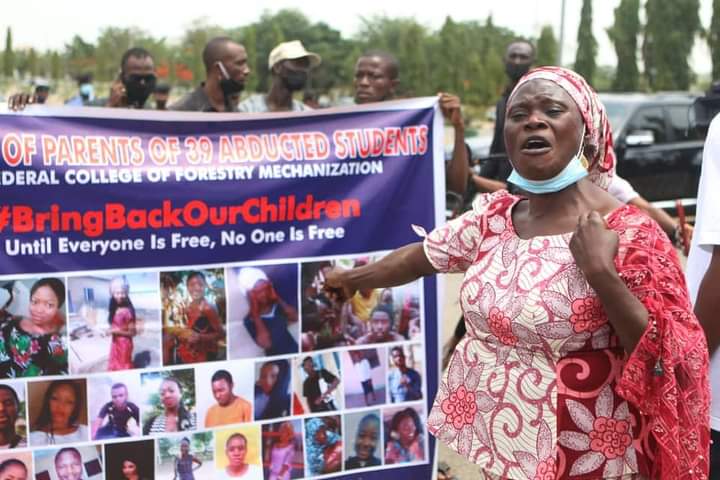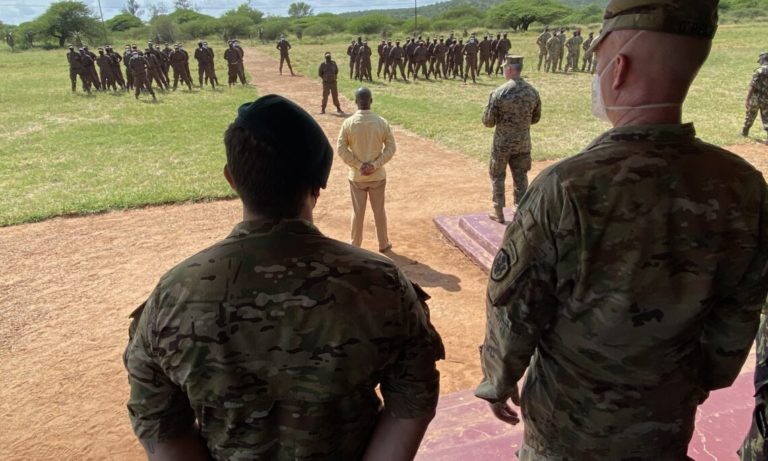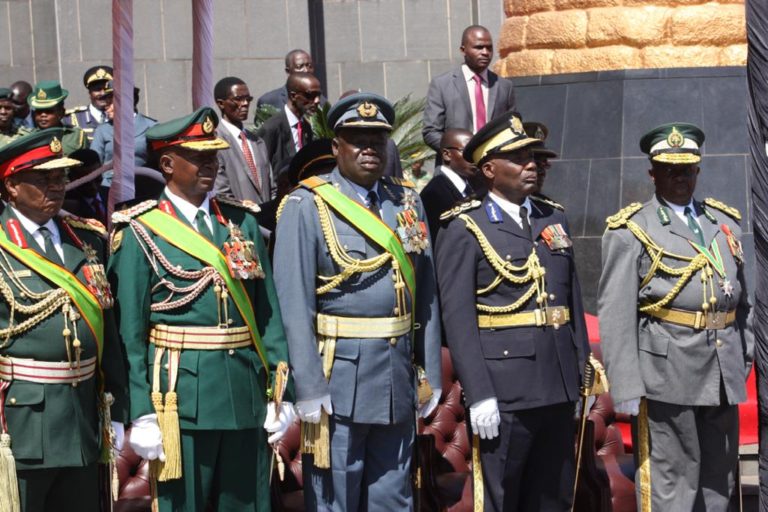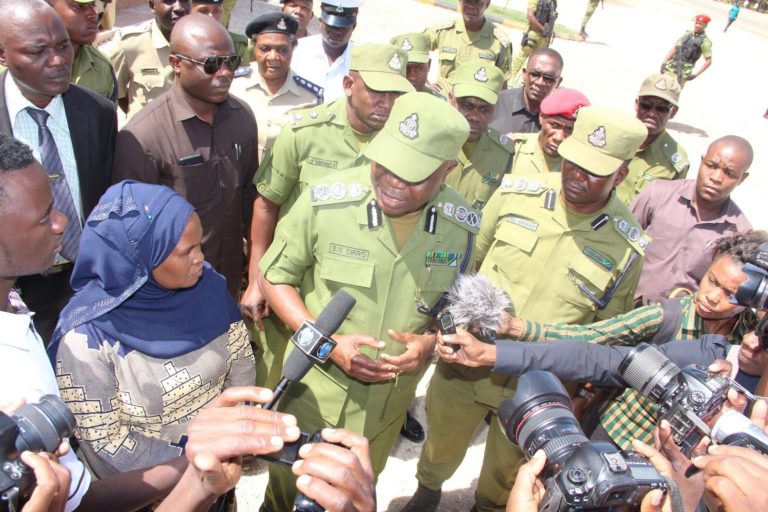Written by George Orwell in 1949, 1984 detailed the imperative of resisting oppression and tyranny, offering great insight into a twisted and very cruel future if nations are allowed to fall to the rule of totalitarianism.
The book helped put in proper perspective, how totalitarian regimes attempt to control our thoughts and lives through surveillance and by seizing control of the mass media, most times, violently. In this brilliantly articulated piece of work, we see a “party” that deploys enormous resources into eliminating dissent to the extent of establishing edicts that criminalize holding anti-government thoughts and opinions. Do these methods sound familiar to you? If so, then I welcome you dear reader to 1984
In an event described as the “Nigerian Drama” by The New York Times in 1984, the regime of Buhari, violating human rights and international laws, staged a kidnap of a former Minister of Transport, Umaru Dikko, after he was ambushed at his London base. This is the same junta that had just overthrown an elected government of Shagari under whom Dikko served as Minister.

Fast forward to 2021, close to four decades after, the same serial law offender staged a similar attack on Human Rights and International laws in the abduction of the IPOB leader and British Citizen, Nnamdi Kanu, in Kenya. This is after he returned in 2015 in a disguised democratic toga.
Shortly after the abduction of Kanu, barely 24 hours to a July 3rd protest declared by Yoruba secessionist group, the regime sent in masked DSS operatives after the Yoruba secessionist agitator and leader, Sunday Igboho, stormed his Ibadan residence at the dead of the night like armed assassins, arrested thirteen persons and in a public statement released by its PRO, Peter Afunnaya, boasted to have extra-judicially murdered two of Igboho’s allies.

On the day of the protest, however, the regime deployed combined forces of the police and military. The security forces shot violently and sporadically against the peaceful agitators and protesters, killing Jumoke, a 14-year-old female trader.
It should be recalled that as far back as 2015, there have been renewed calls for the secession of the Igbo people from Nigeria by the Indigenous People of Biafra, IPOB. The secession campaigns attained a threshold of popularity upon the arrest of Nnamdi Kanu on the 20th of October, 2015. And as the agitation grew bigger and larger, no thanks to increasing insecurity and socio-economic injustice in the country that has pauperized millions of Nigerians and made the country totally unsafe for habitation. This is also complicated by the manner in which the government protects and funds terrorists and bandits while deploying enormous resources into hunting, arresting, and killing protesters and all who maintain dissent against the regime.
But the secessionists were not the only group or persons to fall victim to the tyranny and brazen human rights violations of the Buhari regime. Recall that on August 3rd, 2019, at about 1 AM, Omoyele Sowore, leading investigative journalist and revolutionary activist was abducted in the middle of the night by masked men of the DSS who stormed his Lagos temporary residence like assassins.

For calling a RevolutionNow Protest against misgovernance and crass incompetence of the regime, Sowore spent five months in unjust detention after the regime violated two court orders for his release. Worst still, the regime in desperation to rearrest Sowore after it reluctantly obeyed the order to release the latter on bail, the DSS stormed the courtroom, violating the sanctity of the court right in front of the presiding judge who had to escape the violent scene instigated by the gun-wielding DSS operatives. The regime created an unfathomable precedent of judicial impunity when it turned Justice Ijeoma’s court into a war zone.
There is also El-Zakzaky whom the regime continues to hold hostage despite court orders that have mandated it to release him on bail. Aside from murdering his children extrajudicially, the regime has murdered scores of his followers for asking the government to comply with court orders granting bail to the Sheik.
The manner in which the regime drowned the endSARS protest in blood still remains very fresh in our memories. But the government did not stop at that, it went further to intimidating and arresting young persons who they perceive as conspicuous during the two weeks of youth uprising.
The regime for the past six years of administration had equally devoted time to arresting, intimidating, and harassing journalists. According to media reports, no less than eight journalists have been killed on duty under the regime with over 500 falling victims to harassment, intimidation, torture, and unjust detentions. Today, it has become a norm to see journalists who have come to cover protests dressed in bulletproofs as though covering a war zone. No doubt, the regime had turned protest grounds into a theatre of war.
When the regime appeared not to be satisfied with simply attacking and gagging the press, it went straight for the social media, prescribing death by hanging for “hate speech’’; a deliberate attempt to gag Nigerians and violate their constitutional right to free speech. The regime did not want a free press, it frowned against citizen’s right to free speech and protests. It does not want Nigerians to protest offline and also against them expressing their frustrations on social media, especially Twitter. It was this gross hostility to free speech that forced the regime into banning over 200 million Nigerians from using Twitter.
No regime in history, military and civilian, has treated the judiciary and the rule of law with such disdain and brazen impunity. No regime in the history of the country has been so hostile to its citizens without any modicum of regard for their lives or constitutional rights. No regime in history had ever treated the press and the Nigerian people with so much hate and utter contempt.
The only regime that ever measured close to Buhari’s despotism is the military junta of 1984; the only Junta to have ever dethroned an elected government. Buhari’s capacity for lawlessness and impunity is second to none, such that only Buhari could have surpassed the record of his own lawlessness over three decades after.
Buhari may not only be classified as a despot with the unique ability to harness the powers of Nigeria’s systemic impunity to muster a social, political, and economic siege against the Nigerian people, he is the only Nigerian leader fit to be described as a serial law offender, ever to occupy Nigeria’s political space.

